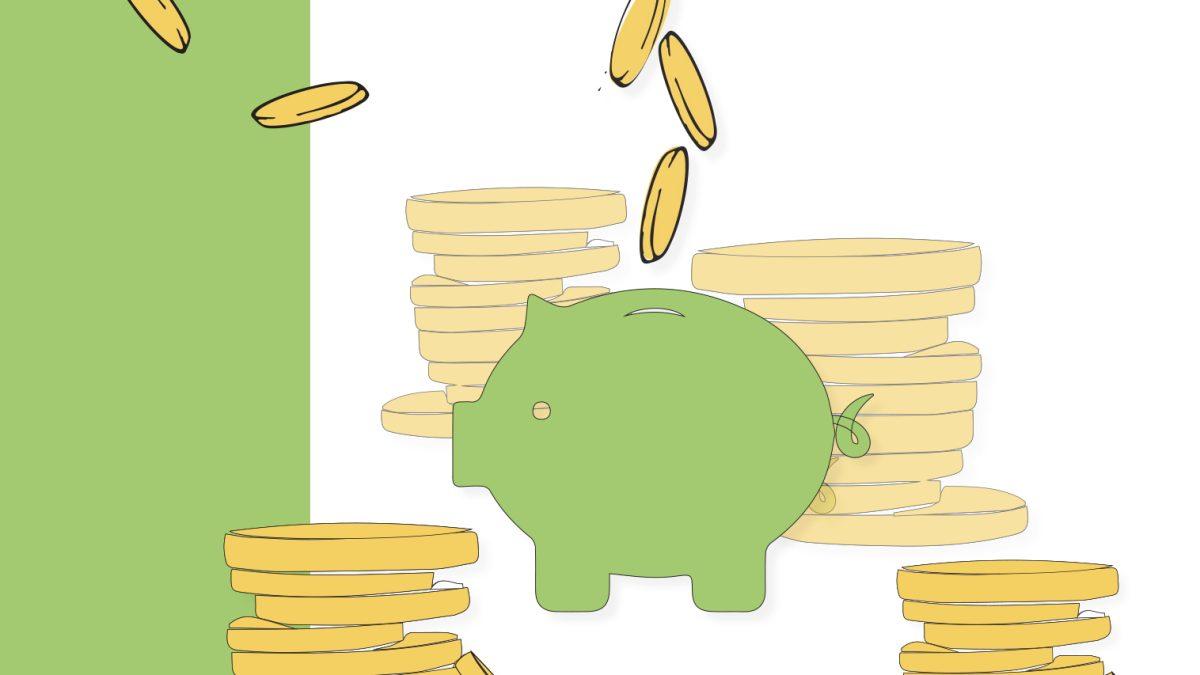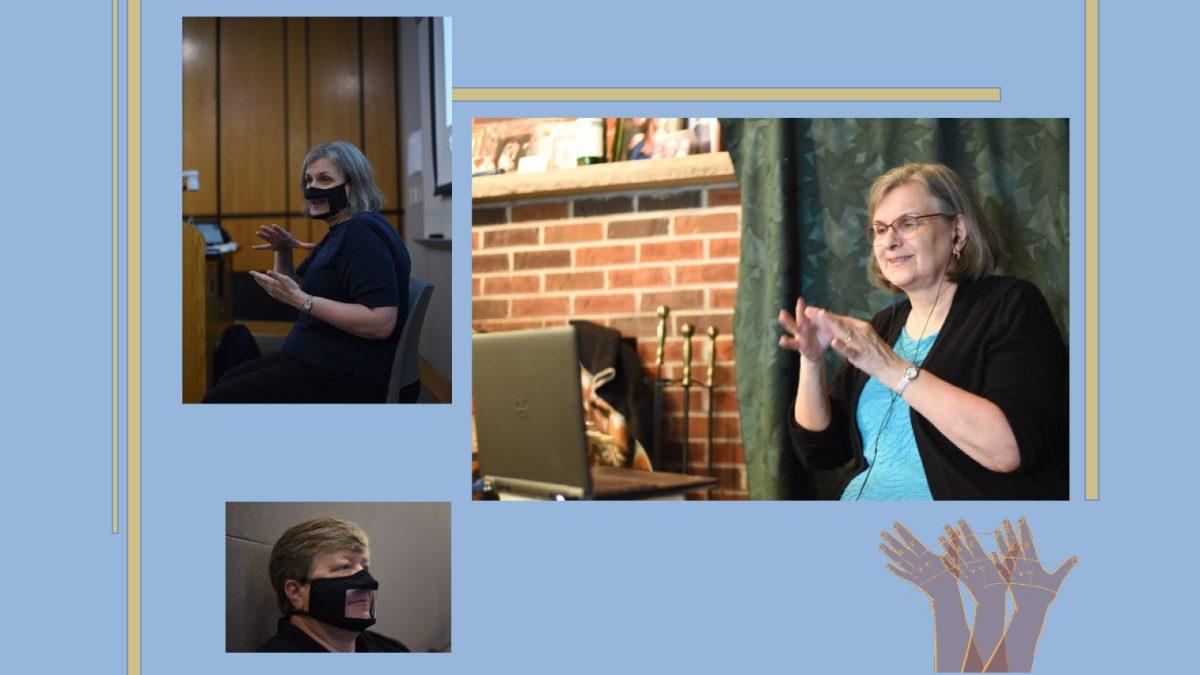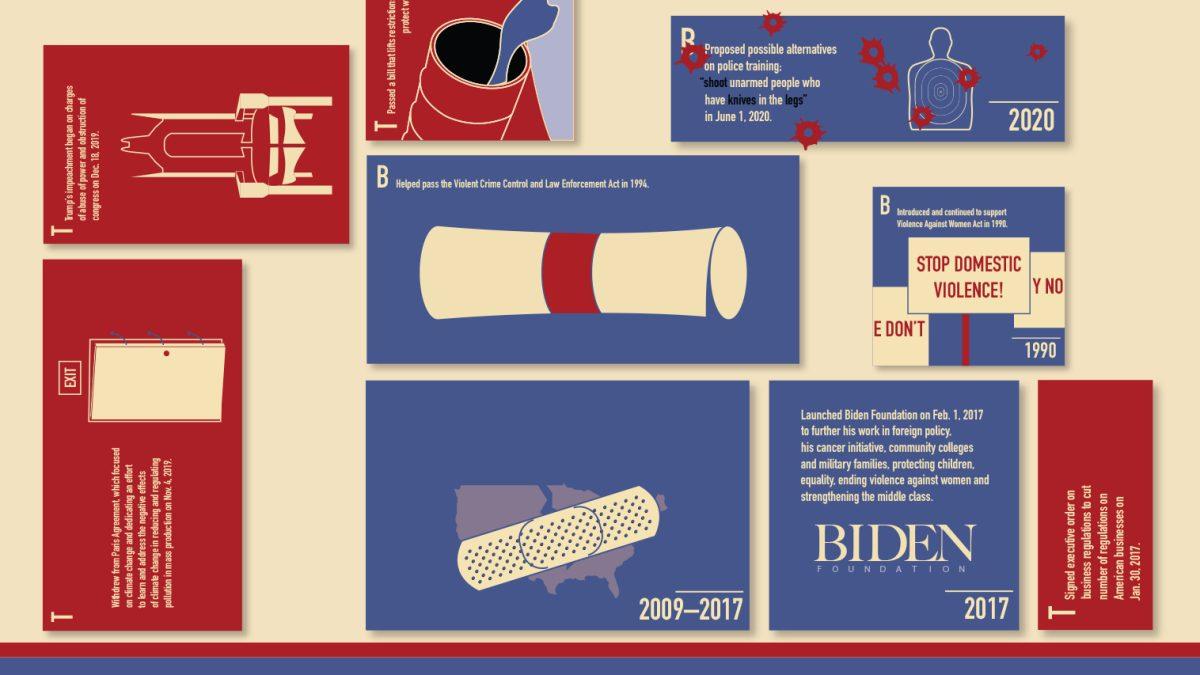You’ve finally managed to save a few thousand and now you’re ready to invest. Now you just have to go to a financial management firm to deal with a broker and an analyst, all of whom will charge a commission fee from whatever you earn.
But what if you didn’t have to wait to invest thousands to start or payout fees from earnings? Apps like Robinhood are making this dream a reality.
Investing in Campus
Nick Renzoni is a fourth year Management Information Systems major and the president of the Financial Management Association (FMA) club on campus. While he does not use Robinhood personally, many within the club do.
Many students have chosen to go further than apps and have also joined the FMA, whose main purpose is trading in a $250,000 stock portfolio consisting of stocks and equity trade funds.
“The portfolio we manage is an umbrella underneath the RIT endowment portfolio,” Renzoni said. “They gave us a sliver of that, around $65 to $70 thousand dollars at some point.”
The club meets every week, and members make pitches to either buy a stock or sell an existing one. Their goal is to make as much money as possible on those investments.
To do this, FMA works with expensive proprietary software called the Bloomberg Terminal. It features more advanced data and analytics than those found on Robinhood but costs $24,000 a year. While this works for a large club handling RIT investments, your everyday investor is likely to gravitate toward apps that are easier to use and cheaper.
Financial Tech Apps
One of the things holding potential investors back from jumping right in is the traditionally high amount required to start.
“If you were opening a traditional account, you’d need several thousand dollars lying around to invest,” Renzoni said, “With Robinhood, you can start off with ten dollars.”
Featuring simple requirements and a low starting cost, investing becomes much easier for any tech-savvy college student with a few dollars lying around.
“Robinhood is a very good platform,” Renzoni stated. “I like that it exists because it has opened up the field for people who beforehand could not get into stock investing unless they went to a family finance or opened up an account with an investment firm.”
Investing firms have several requirements starting off, depending on the firm. Financial tech apps reduce those barriers, only requiring an easy-to-make account and a small starting investment. To attract new users, Robinhood even offers a random free stock on signup.
“Not only is it free, it’s easy to download on your phone and it’s really opened up the challenge and the field for anyone … to start investing,” Renzoni said.
“Not only is it free, it’s easy to download on your phone and it’s really opened up the challenge and the field for anyone … to start investing.”
New investors are usually drawn to the no minimum investment requirement and commission-free trading that Robinhood offers. Traditionally, when opening an account, a broker and analyst would take a slice of what you’re trading. This is because they facilitate and offer advice on where and what to trade on to avoid big losses.
“Robinhood was the first to revolutionize because you don’t have a broker and you’re doing all the trading yourself,” Renzoni explained, “That has forced all the big guys to say we need to seriously consider commission-free trading.”
Besides basic data showing which stocks are up and which are down, Robinhood does not offer analysis services. This ease of access and lack of analysis can open a new investor to make insecure investments.
“[Robinhood] has allowed a lot more people to start investing, but it has also brought in people who don’t really know what they’re doing,” Renzoni stated.
According to a Wall Street Journal article, behavioral researchers indicated that Robinhood’s simplicity is turning investing into a game, and encouraging investors to take bigger risks. The app does so by utilizing digital confetti and large, bright buttons for buying stocks.
However, the chief operating officer of Robinhood, Gretchen Howard, denies that they gamified trading or encouraged risky behavior.
“We believe that broader participation in the markets is more democratic and can bring opportunities to many,” Howard said. “Those who dismiss retail investors as gamblers or gamers perpetuate the myth that investing is only for the wealthy and highly educated.”
“Those who dismiss retail investors as gamblers or gamers perpetuate the myth that investing is only for the wealthy and highly educated.”
A New York Times article also found the app unreliable, including when it mistakenly allowed people to borrow infinite money to multiply their bets. Robinhood’s website has also gone down around 47 times in several month period, creating uncertainty for customers.
Are Investment Apps for You?
Despite the potential risk associated with investment apps, they have only grown more popular in the past years. Robinhood has grown to over 14 million users, creating a new influx of investments.
“We’ve seen over the last six months that a lot of people have opened stock trading accounts because it gives them something to do,” Renzoni said. “Taking stocks like Tesla and the bio-pharmaceuticals companies that are really hot right now because of coronavirus, everyone’s out to make a quick buck essentially.”
Considering the availability created by COVID-19 and stocks like Tesla exploding in price, there have been reasons for new users to pick up apps like Robinhood and its competitors. However, users must be cautious; easy accessibility does not remove personal responsibility.
“I believe that if you have extra money, it’s important to invest it and do your research and I think Robinhood is the perfect place to start,” Renzoni said. “You can walk in and throw your money around, [but] that’s how you lose it.”







